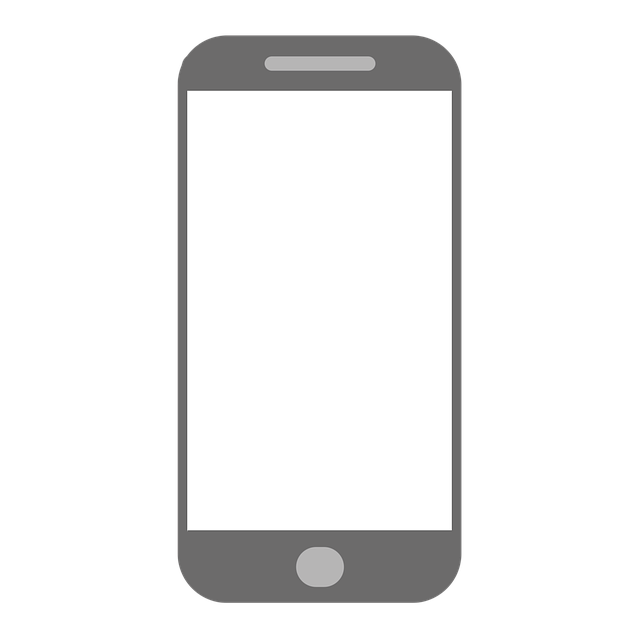Medical prospect engagement is crucial for healthcare provider success, focusing on strategic follow-up communications to build trust and convert leads. Personalized interactions, including timely calls addressing concerns, optimize appointment conversion and patient retention. Using data to tailor messages makes patients feel valued, boosting loyalty and improving conversion rates. Measuring KPIs helps identify areas for improvement in the sales funnel, ensuring effective medical prospect engagement and high conversion rates.
In the competitive healthcare landscape, effective medical prospect engagement is key to attracting and retaining patients. Specialized services are transforming the way practices nurture leads, ensuring a seamless transition from initial interest to long-term loyalty. This article explores strategic approaches to follow-up calls and personalized communication, delving into techniques that build trust, foster rapport, and ultimately convert prospects into dedicated patients. Discover how these methods enhance medical prospect engagement, driving success in an increasingly demanding market.
- Understanding Medical Prospect Engagement
- Strategies for Effective Follow-up Calls
- Personalizing Patient Communication
- Building Trust and Rapport
- Converting Leads into Loyal Patients
- Measuring Success: Key Performance Indicators
Understanding Medical Prospect Engagement

In the competitive healthcare landscape, understanding how to engage medical prospects is key to success. Medical prospect engagement involves a strategic approach to connect with potential patients, fostering trust and building relationships from the initial inquiry stage. It’s not just about attracting leads; it’s about nurturing them through a well-structured sales funnel for clinics. This process includes personalized follow-up communications, whether it’s responsive emails or meaningful phone calls, designed to address unique medical inquiries conversion and turn prospects into loyal patients.
By focusing on appointment conversion optimization, healthcare providers can ensure that their efforts translate into real results. Engaging with prospects doesn’t stop at the first interaction; it requires consistent communication and a deep understanding of individual needs. Through this approach, clinics can not only enhance patient retention but also improve overall satisfaction, creating a positive reputation that sets them apart from their competitors in today’s digital era.
Strategies for Effective Follow-up Calls

In the realm of medical prospect engagement, effective follow-up calls are a powerful tool to convert leads into loyal patients. These strategic conversations should aim to build rapport, address concerns, and provide valuable insights tailored to each prospect’s needs. A balanced mix of active listening and sharing relevant information can significantly enhance the patient experience, fostering trust and encouraging appointment conversion optimization.
Personalizing these calls is key; referring to prior discussions or demonstrating knowledge about their specific health queries shows dedication. Additionally, incorporating a sense of urgency without being pushy—for instance, highlighting limited availability of certain treatments or services—can nudge prospects towards taking immediate action. Optimizing the sales funnel for clinics by integrating seamless follow-up processes ensures that every interaction moves potential patients closer to becoming actual clients.
Personalizing Patient Communication

In the competitive healthcare landscape, personalized patient communication stands out as a powerful tool to engage and convert medical prospects into loyal patients. By tailoring each interaction to reflect an understanding of individual needs and preferences, specialized services can significantly enhance the effectiveness of their follow-up strategies. This approach goes beyond generic messaging, ensuring that every patient feels unique and valued from the moment they inquire about medical services.
A well-executed strategy involves leveraging data analytics to segment patients based on demographics, health history, and communication preferences. This enables healthcare providers to initiate personalized calls with targeted information, addressing specific concerns or highlighting relevant treatments. Such a method not only boosts response rates but also fosters trust and strengthens the patient-provider relationship. Ultimately, this level of engagement contributes to improved medical pipeline conversion rates and optimizes the sales funnel for clinics, ensuring sustainable growth in patient bases.
Building Trust and Rapport

Building trust and rapport is a cornerstone of successful medical prospect engagement. In today’s digital age, where healthcare consumers are increasingly informed and discerning, establishing genuine connections matters more than ever. Personalized follow-up calls, tailored to each patient’s unique needs and concerns, can significantly enhance this process. By actively listening to their stories and demonstrating empathy, healthcare providers forge a sense of trust that transcends mere transactions.
This human-centric approach is integral to the sales funnel for clinics, as it nurtures leads and guides them through the healthcare call conversion journey. A well-timed, personalized conversation can transform a medical prospect into a loyal patient by addressing their fears, clarifying doubts, and presenting solutions in a compassionate manner. Such interactions not only convert but also foster long-term relationships, ensuring a steady pipeline conversion for practices focused on high-quality patient care.
Converting Leads into Loyal Patients

Converting medical prospects into loyal patients is a multi-faceted process that requires strategic engagement and a deep understanding of patient needs. It involves nurturing relationships built on trust and personalized experiences, ensuring each interaction strengthens the bond between healthcare provider and patient. By implementing effective appointment conversion optimization techniques, such as timely follow-ups and customized communication, medical practices can elevate their service beyond initial interest to long-term commitment.
This patient retention strategy leverages the power of healthcare call conversion, where every conversation is an opportunity to deepen connections and highlight the value proposition of the practice. Through careful management of the medical pipeline conversion process, providers can foster a sense of community and individualized care that encourages patients to prioritize their health and become advocates for their well-being.
Measuring Success: Key Performance Indicators

Measuring success in medical prospect engagement is paramount to understanding what strategies are driving conversions and where improvements can be made. Key Performance Indicators (KPIs) specific to medical lead nurturing should be established, focusing on metrics that reflect a patient’s journey from initial inquiry to long-term loyalty. One of the primary KPIs is the conversion rate within the sales funnel for clinics, which tracks the percentage of prospects converting into patients after each step of engagement.
Additionally, tracking the medical pipeline conversion rate provides insight into the overall effectiveness of lead nurturing strategies. This involves measuring the number of inquiries that successfully move through the sales process and result in a new patient. By analyzing these KPIs, healthcare providers can identify bottlenecks in their patient acquisition process and optimize their approach to maximize medical inquiry conversion rates.
